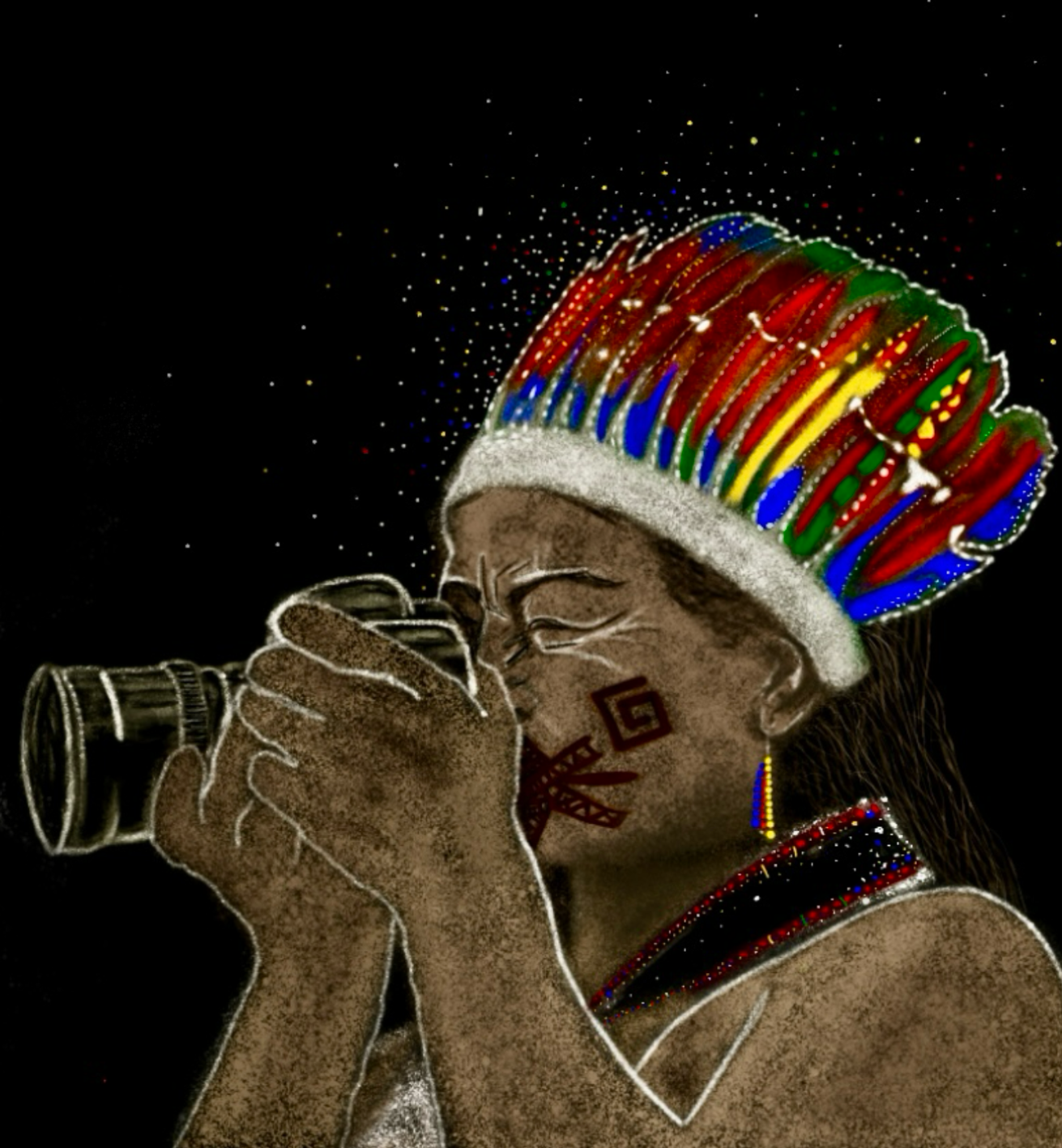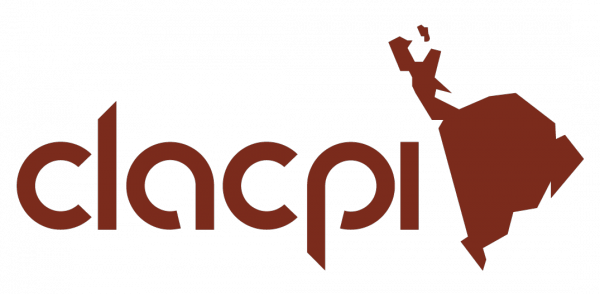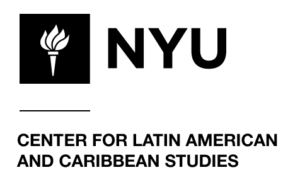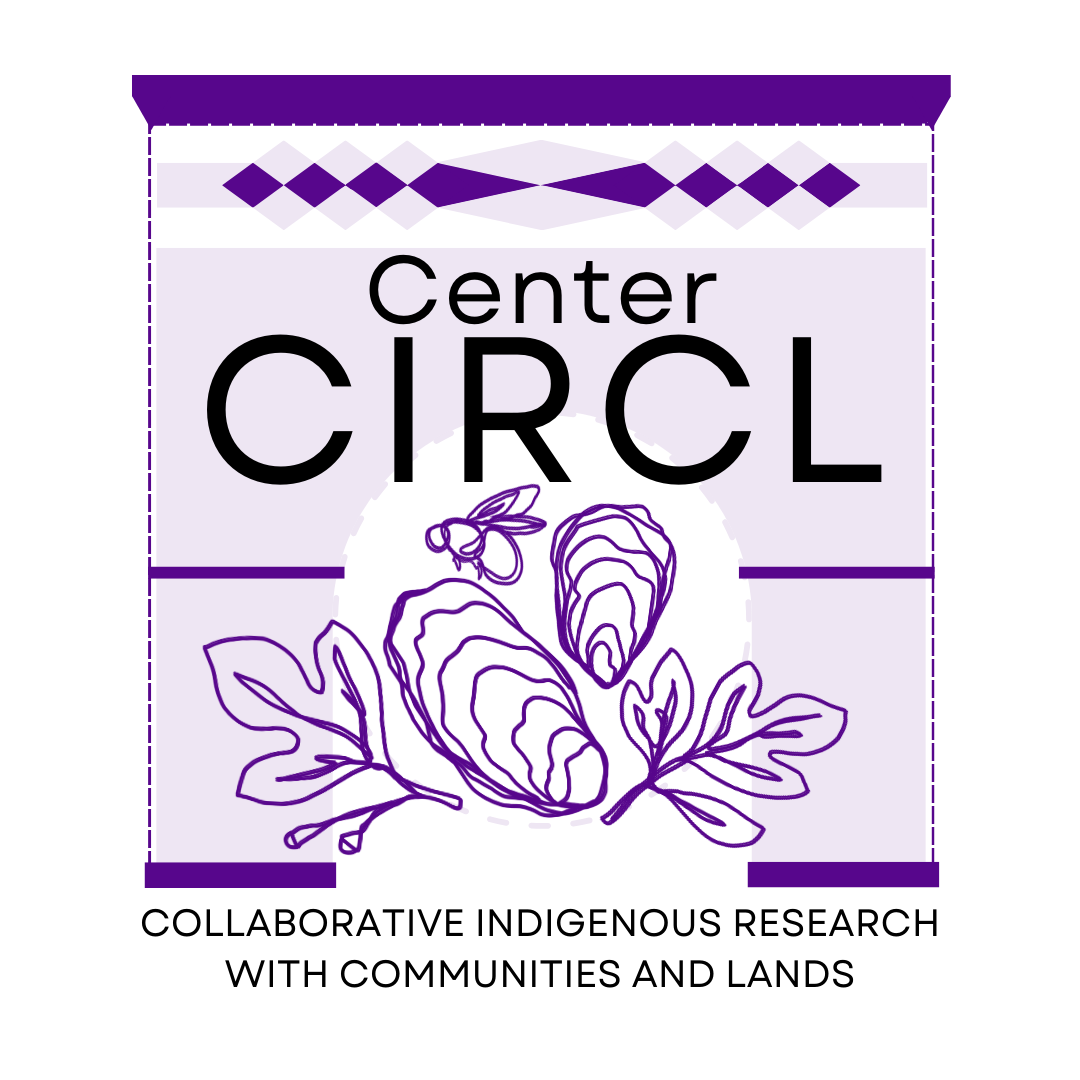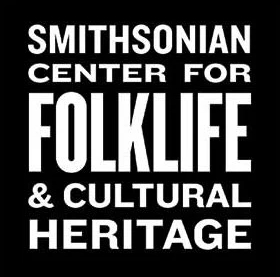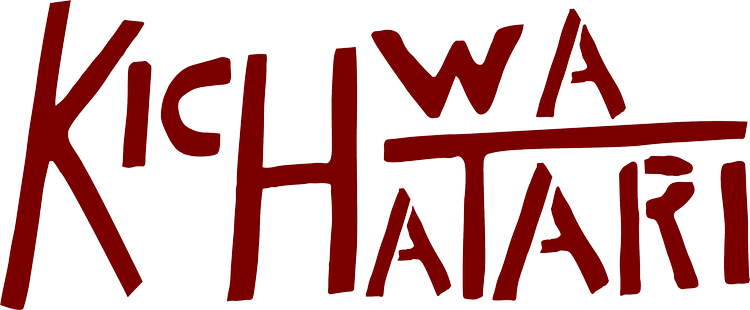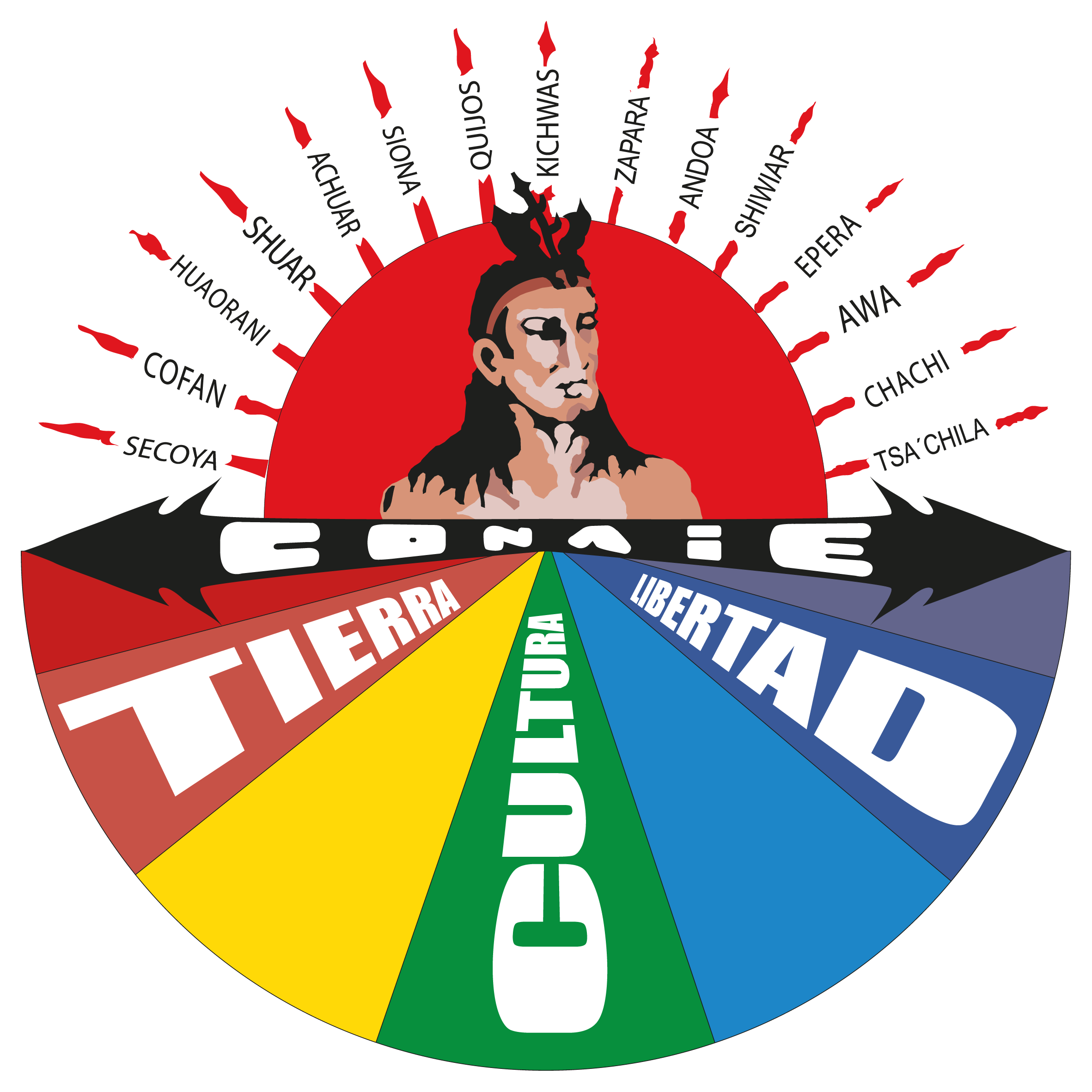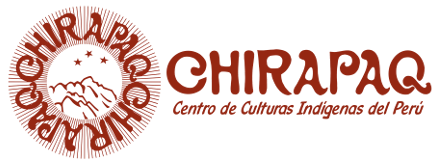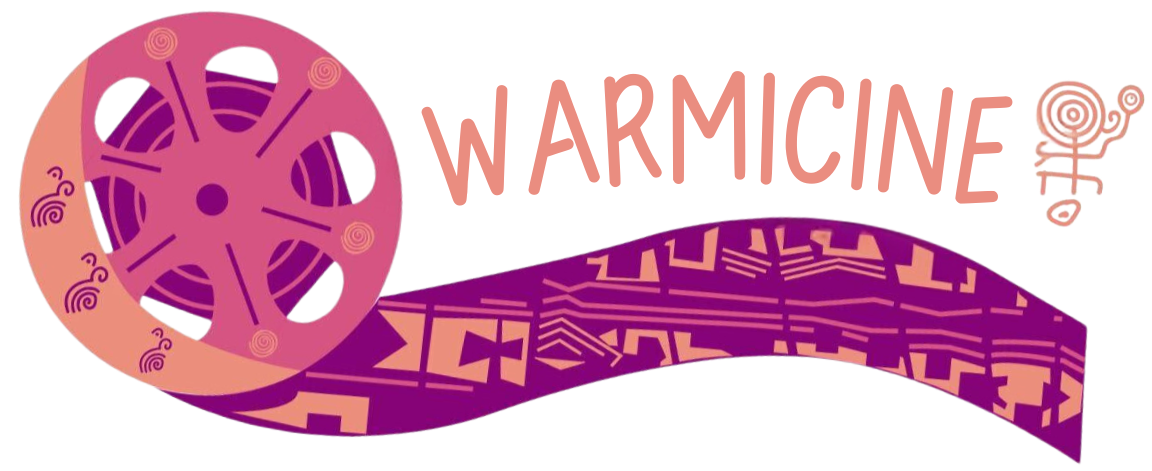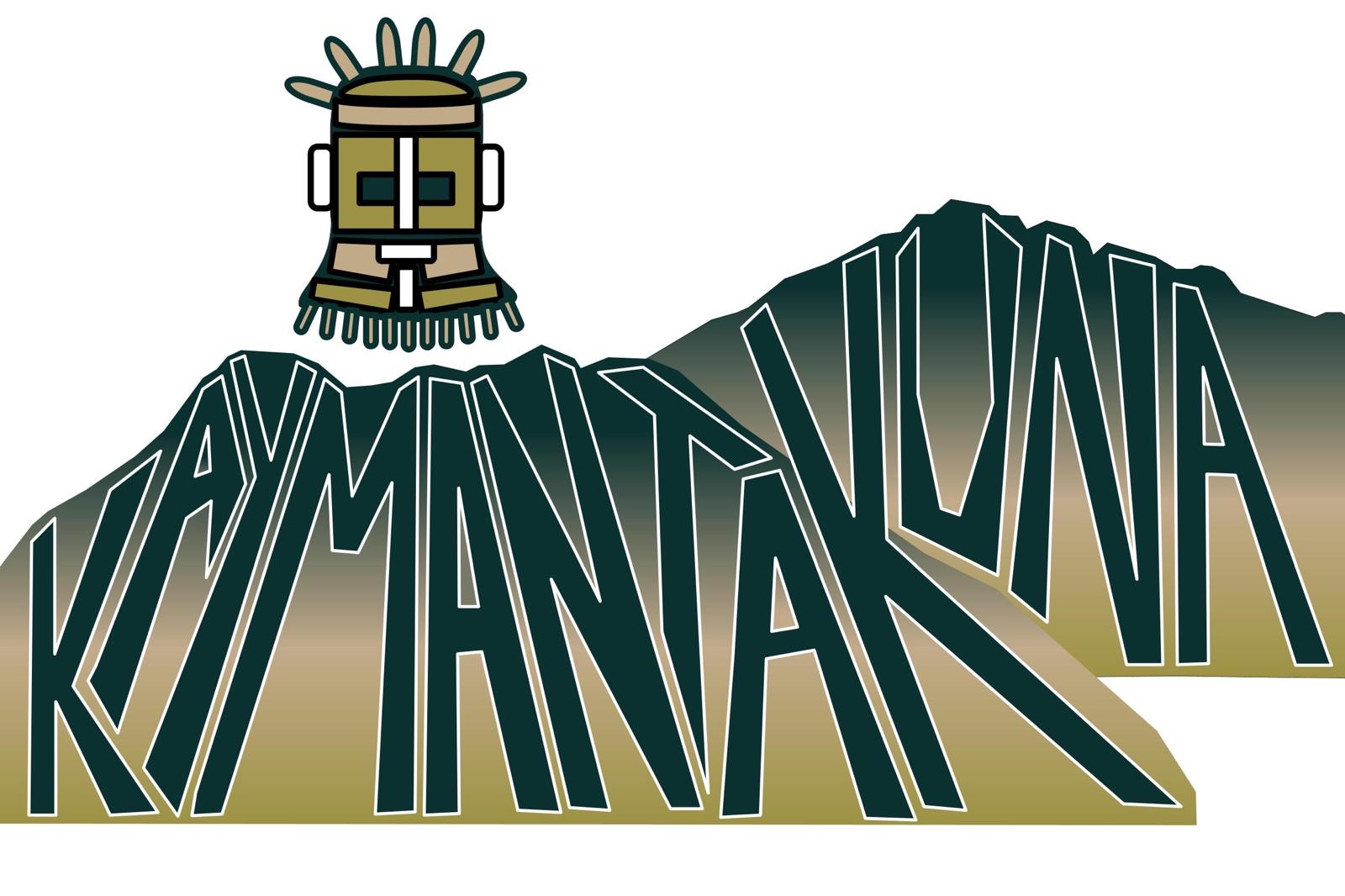Program
About
Presented by the Coordinadora Latinoaméricana de Cine y Comunicación de los Pueblos Indígenas (CLACPI).
The Center for Latin American and Caribbean Studies (CLACS) and Center for Collaborative Indigenous Research with Communities and Lands (Center CIRCL) are pleased to host a program presented by the Coordinadora Latinoaméricana de Cine y Comunicación de los Pueblos Indígenas (CLACPI) at the KJCC at NYU on April 24-25, 2025.
This Program is a Side Event of the 2025 UN Permanent Forum on Indigenous Issues.
CLACPI was founded in 1985 and is currently the largest collective of indigenous filmmakers in Latin America. They promote the use of media as a tool of cultural affirmation and social transformation for indigenous communities. CLACPI produces and disseminates audiovisual materials about indigenous cultures and other issues of interest for their collective organizations. They also focus on grassroots media training and workshops to promote agency and self-representation among indigenous communities.
CLACPI Delegates
Organizers
Curators
Amalia Córdova, Smithsonian Center for Folklife and Cultural Heritage
Emily Uruchima, The Graduate Center, City University of New York, New York Public Library & Water Protector Legal Collective
Angela Carreño, NYU Center for Latin American and Caribbean Studies
Local Arrangements
Luciana Aliendre
Chelsea Flores
Andrés Olàn-Vàzquez
Eric Silberberg, Queens College, City University of New York
Gray Kidd, NYU CLACS
Matías Gallegos Ruiz, NYU CLACS
